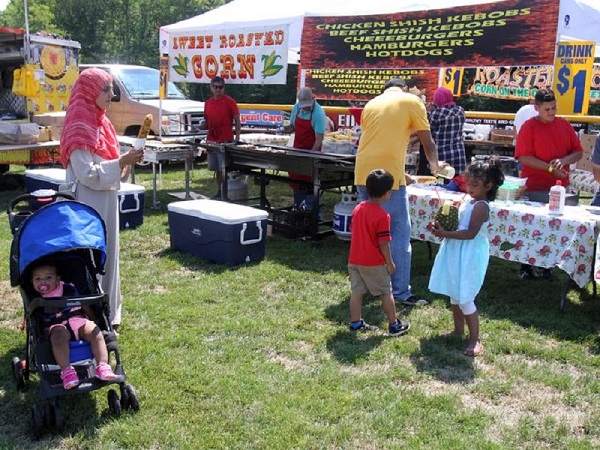
Raabta: Facebook helping revive composite culture, bridge social gap in Kashmir
New Delhi : “Winter will go, snow will melt to make way for warmth of spring again”. Raabta, a Facebook page, begins on this optimistic note to re-establish broken links between Kashmiri families, friends, classmates and neighbours divided by decades of insurgency, civil strife and social acrimony.
Almost a month since the page with over 21,000 followers was created, Raabta — which translates into “connection” — has been able to connect five Kashmiri Hindu Pandit and Muslim families who live far away from each other.
Sameer Bhat, a Dubai-based journalist, hails from Sopore — known for its red, juicy apples and also once a militancy hotbed. Bhat wanted to connect with his Pandit neighbour Bunty “bhaiya” (elder brother). The page admin sounded out to all its followers if they could locate or tag Bunty from Sopore. And suddenly, there he was. And the virtual reunion was highly emotional.
Bunty bhaiya’s real name turned out to be Arun Koul, who is now based in Chandigarh. The two spoke for the first time in 28 years.
“It felt like 28 days ago, not even 28 weeks,” Bhat said, recalling how Bunty bhaiya and his family left the Valley and how all these years he missed “Herath” or “Shivratri” celebrations amid spring rains and soaked walnuts that Bunty’s mother would give him.
On March 8, the page posted a message from Anis Maqbool, looking for his Hindu friend Anil Moti. The two studied in Srinagar’s famous missionary school Tyndrale Biscoe till 1973. They never spoke to each other after leaving school. Presuming that Moti may have also left the valley at the height of militancy in early 1990s, Maqbool put out a search note for other Pandit friends too — Ramesh Kalposh and Prithvi Raj.
He was lucky to connect with Moti. Now based in Gurugram, near Delhi, Moti spoke with Maqbool over phone and the two discussed their lives and families. They also invited each other to their houses.
Moti “recalled the day when he was forced to leave and tear drops trickled down uninterrupted at both ends, like spring rains at home”, the page said in a post, reporting the re-union.
There are others who have posted lookout messages but not all have been as lucky. Suhail Naqshbandi, a Kashmiri cartoonist, wanted to speak to his school teacher “Mujju Ma’am” — who boosted his confidence when he had problems with understanding mathematics.
“It was at that nadir of crisis that an angel in the form of Miss Mujju came in my life. She asked us to (solve) a mathematical (problem). I hesitantly tried (but) my fear was not letting me do it. I felt a pat on my shoulder. I looked up and saw Miss Mujju smiling and telling me that it is O.K.”
“Her assurance and guidance gave wings to my confidence. My parents considered her a godsent guide for me,” the cartoonist wrote. But like many others, he has not been able to reconnect with his teacher — yet.
The brain behind the initiative is a Kashmiri advertising professional based in Gurugram named Jaibeer Ahmad.
“Despite polarisation, we continue to share bond as individuals. Bound together by our common heritage, culture, music, poetry, food and the phiran (the Kashmiri traditional overcoat),” Ahmad, 43, told IANS.
He said the migration of Pandits — this is how Kashmir’s native Hindu Brahmin community was traditionally known because of their erudition — did not just displace people but it tore apart friends, neighbours, teachers and colleagues. Pandits left the Valley in large numbers following the insurgency when they were targeted by mercenary militants who came across the border in Pakistan on the pretext of aiding Kashmir’s “freedom”.
Ahmad recalled the composite culture Kashmir’s Hindu Pandits and Muslims shared before the onset of militancy in the late 1980s.
“Today, there is bitterness, anger and animosity between the two communities. On social media, this hatred gets played out every day in the form of abuse and slander, dragging the communities further apart.
“Despite several efforts by the government and the civil society, there hasn’t been much progress. Most of these efforts are seen with suspicion from both sides,” he said, hoping that the initiative that he runs along with other Kashmiri friends — both Muslims and Hindus — bridges the gap between the divided communities that together made “Kashmiriyat” — or Kashmir’s unique composite culture.
(The weekly feature series is part of a positive-journalism project of IANS and the Frank Islam Foundation. Nivedita Singh can be contacted at nivedita.singh@ians.in)
—IANS

